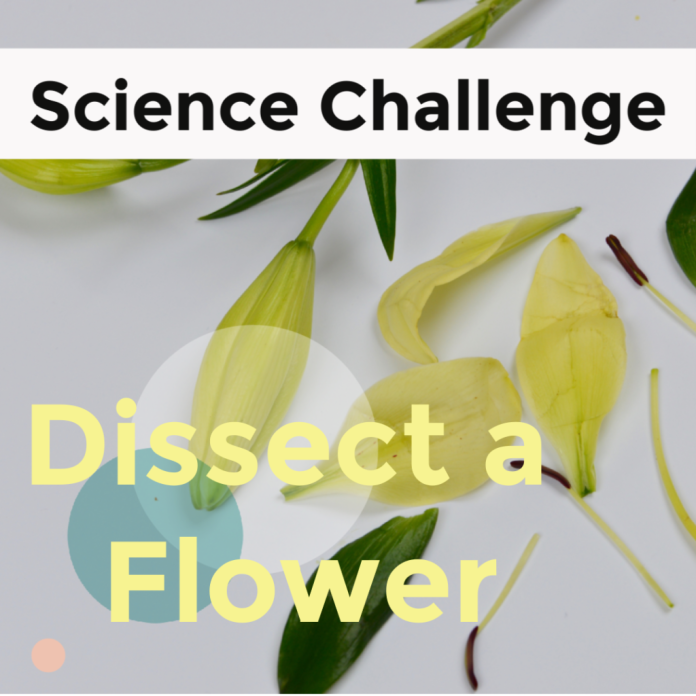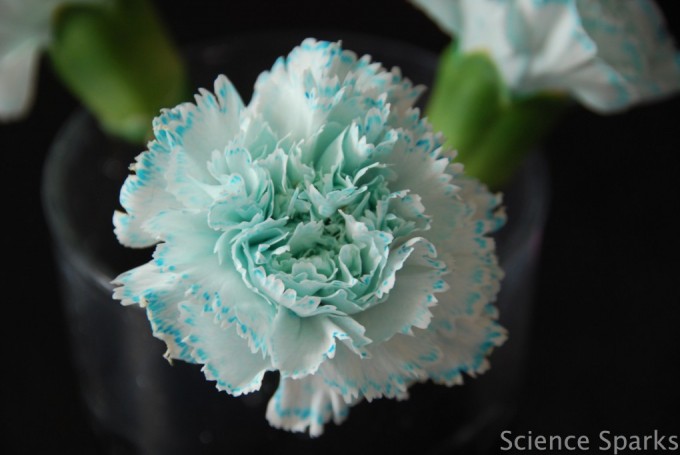Learn how to dissect flowers and find out about their construction with this easy hands-on dissection exercise and different thrilling plant experiments for youths. Dissecting a flower is a good way to visually present the completely different elements of a flower, which could be onerous to image from a diagram in a e book.
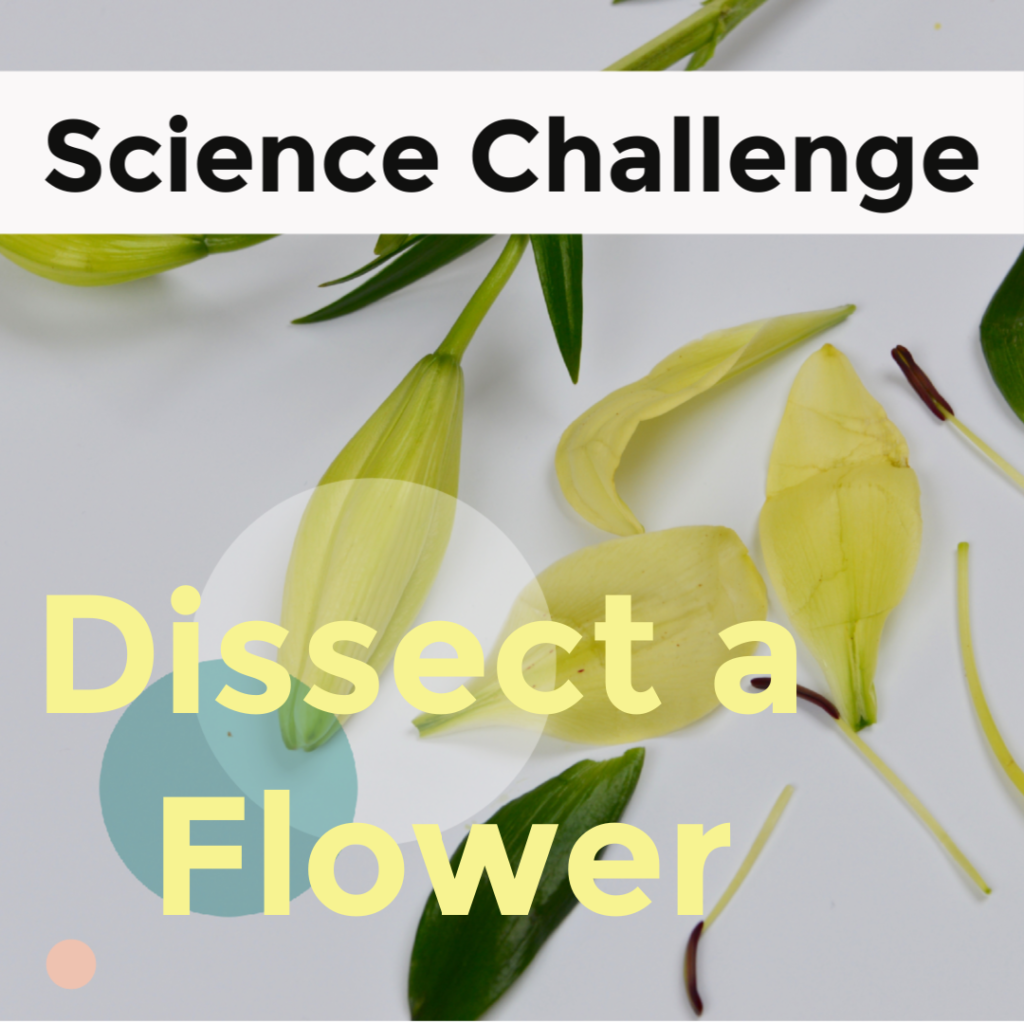
What it is advisable to dissect a flower
Any flowers with massive elements work properly, for instance:
Paper plates or sheets of cardboard
Magnifying glass – non-compulsory
Tweezers
Scissors
How you can dissect a flower
Lay a flower out over a paper plate, tray or sheet of cardboard. Attempt to determine the completely different elements.
Label areas of the completely different elements of a flower on the piece of cardboard or paper plate and match the dissected items to the right label.
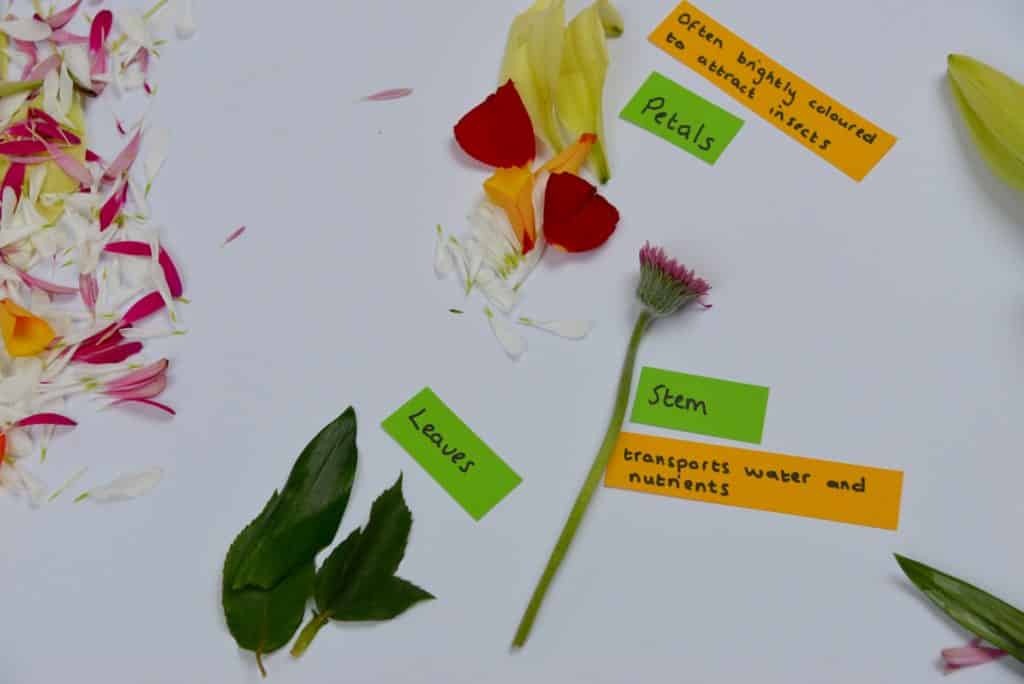
Attempt to discover the next flower elements:
Root – carries water and vitamins from the soil to the plant and retains it anchored within the floor.
Petal – typically brightly colored to draw bugs.
Leaf – makes use of vitality from daylight for photosynthesis, creating oxygen and sugars for the plant to make use of for vitality.
Pollen is a positive powdery substance containing male reproductive cells. It’s produced by the anthers of seed-bearing crops.
Stem – a plant stem transports water and vitamins from the soil to the remainder of the plant. The stem helps the leaves and flowers, permitting them to be raised above the bottom to be within the mild.
Flower Dissection Problem
Attempt to discover a stigma and anther and an ovule and ovary. A lily is an efficient flower for figuring out these elements.
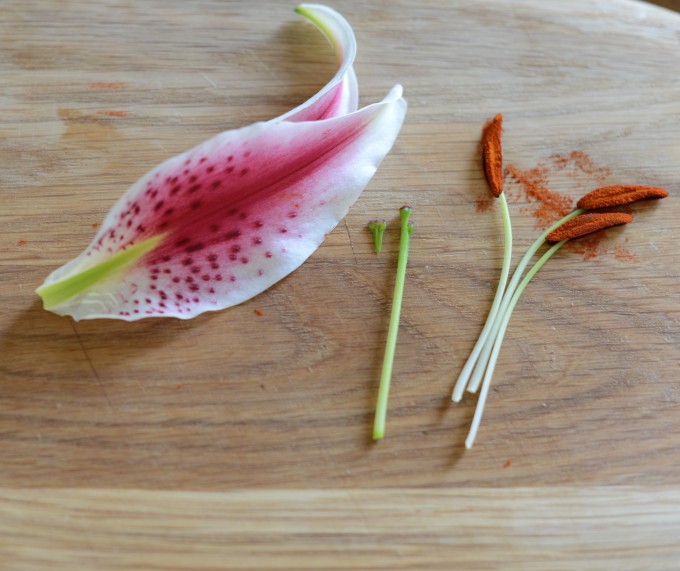
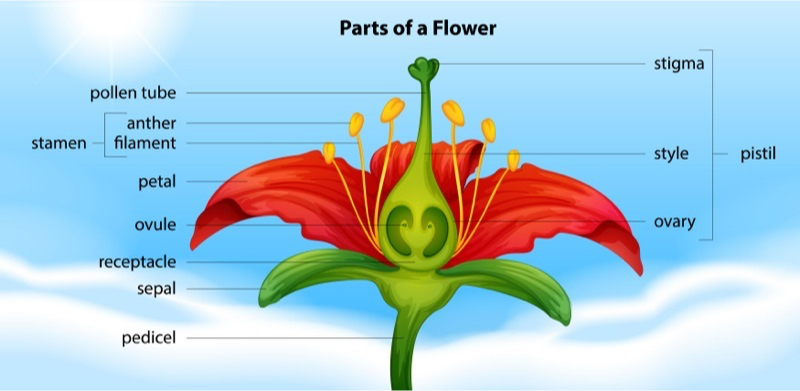
What’s pollination?
Pollination is when pollen from the anthers ( male half ) of 1 plant lands on the stigma (feminine half ) of a plant of the identical kind. The stigma is sticky in order that the pollen can connect to it simply.
Pollen could be carried by wind or bugs. As soon as it has landed on the stigma of a plant, it travels down a tube the place it fertilises the ovules, which then turn out to be seeds.
What’s Fertilisation?
Fertilisation is when the male cells from the pollen join with feminine cells from the ovules.
What’s germination?
Germination is when a seed begins to sprout and develop. One approach to reveal that is to develop a bean in a jar to find the circumstances wanted for a seed to germinate.
That are the very best flowers to dissect?
Something with massive elements works properly. Lilies are nice, however be careful for pollen stains. Tulips, daffodils, and iris flowers additionally work properly.
Extra Plant Science Experiments
Discover out why leaves change color in Autumn.
Construct a plant development mannequin from LEGO.
Find out about transpiration utilizing white flowers and meals colouring. The color of the petals will change because the meals colouring is transported up the stem and into the petals.
Strive rising new crops from tissue cuttings.
Have a go at rising a multi colored cress caterpillar. Are you able to guess how we made the leaves completely different colors?
Create a 3D mannequin of a flower displaying the completely different elements.
Find out about transport in crops with a capillary motion science exercise.
Are you able to consider any extra plant experiments for us?
Appropriate for Key Stage 1 Science
Vegetation
Establish and describe the essential construction of a wide range of widespread flowering crops, together with timber.
Observe and describe how seeds and bulbs develop into mature crops
Discover out and describe how crops want water, mild and an appropriate temperature to develop and keep wholesome
Key Stage 2 Science
Establish and describe the features of various elements of flowering crops
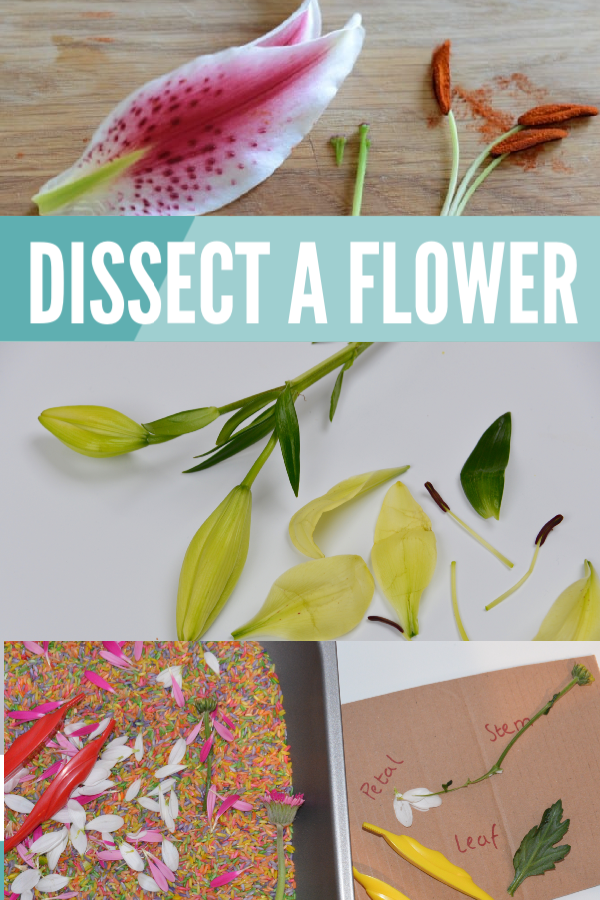
Final Up to date on Could 1, 2024 by Emma Vanstone

